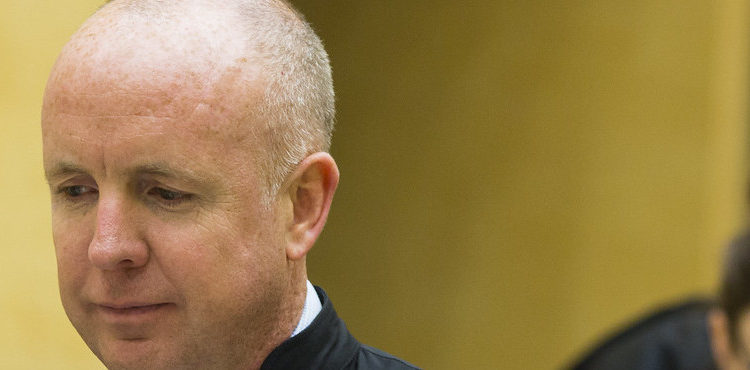Eighty-two Afghan victims have appealed a recent decision by judges of the International Criminal Court that denied the ICC Prosecutor authorisation to open an investigation into crimes committed in Afghanistan over the past 15 years. It is the first time that the ICC Prosecutor has been denied authorisation to open an investigation, and the first time that victims have asked the ICC Appeals Chamber to authorize the commencement of an investigation. For the victims, the stakes could not be higher. They argued that the decision brought their quest for justice to an end – before the investigation had even begun – and was exceptionally detrimental to their well-recognised rights to truth, justice and reparation.
The victims submitted a notice of appeal to the Appeals Chamber as well as a request for leave to appeal to Pre-Trial Chamber II of the Court. The ICC Prosecutor has also filed a request for leave to appeal to the Pre-Trial Chamber.
The 82 appellants are victims of gruesome crimes involving anti-government groups such as the Taliban, as well as Afghan government forces, and United States forces. Afghanistan has endured violent conflict for more than 35 years. The United Nations has reported that more than 32,000 civilians were killed in the conflict between 2009 and 2018 alone, and that ‘more civilians were killed in the Afghan conflict last year than at any time since records have been kept’. An ICC investigation, therefore, might at least deter these abhorrent crimes against civilians.
In 2017, the ICC Prosecutor determined that she had reached a reasonable basis to believe that war crimes and crimes against humanity had been committed against Afghanis. The crimes include murder, torture, rape and sexual violence. The Prosecutor said that “[n]ear total impunity has been the rule, not the exception”. ICC judges agreed that the relevant states were unwilling or unable to investigate and prosecute at a national level.
From the time that the Prosecutor requested permission from ICC judges to open an investigation, the court received 699 representation forms on behalf of 6,220 individuals, 1,690 families, several million victims including 26 villages, and one institution. In 680 of the 699 representations, the victims welcomed the prospect of an investigation.
After deliberating for almost three years, ICC judges ruled in April 2019 that, even though the crimes against the victims are of appalling gravity, the situation is admissible, and the court has jurisdiction, the investigation could not begin as it was “not feasible and doomed to failure”. The judges pointed to the “scarce cooperation” obtained by the Prosecutor from various authorities during the preliminary examination and expressed doubt “that both relevant evidence and potential relevant suspects might still be available and within the reach” of the Prosecutor. The judges did not refer to specific incidents of non-cooperation.
Crimes allegedly committed by US personnel constitute a small slice of the total crimes under consideration, but attract most of the publicity. The decision not to begin an investigation in Afghanistan was issued shortly after expressions of hostility against the court by the US. The US revoked its visa issued to the ICC Prosecutor in April 2019. This followed threats by Secretary of State Mike Pompeo that ICC staff would be restricted from entering the country. “We’re prepared to take additional steps, including economic sanctions, if the ICC does not change its course,” Pompeo added.
An appeal gives the ICC Appeals Chamber an opportunity to reverse the decision and grant the Prosecutor permission to open an investigation. At the investigation and prosecution stages, states that are party to the ICC Statute, including European states involved in rendition cases connected to the Afghanistan conflict, have a duty to cooperate with the court. The court deals exclusively with crimes of the utmost seriousness — genocide, crimes against humanity, war crimes and aggression — that inevitably take place in great turmoil. Post-conflict environments are typically unconducive to investigation. But international justice has a long memory, and detailed investigations carried out over years lead to results before international and hybrid (partly international) courts. The convictions of former Bosnian Serb President Radovan Karadzic, former Liberian president Charles Taylor, and former Khmer Rouge leaders Nuon Chea and Khieu Samphan, many years after their crimes, remind us that it is possible and worthwhile to pursue war criminals long after the pursuit might be deemed unfeasible and doomed to failure.
*The writers are the legal representatives of the 82 victims at the International Criminal Court







